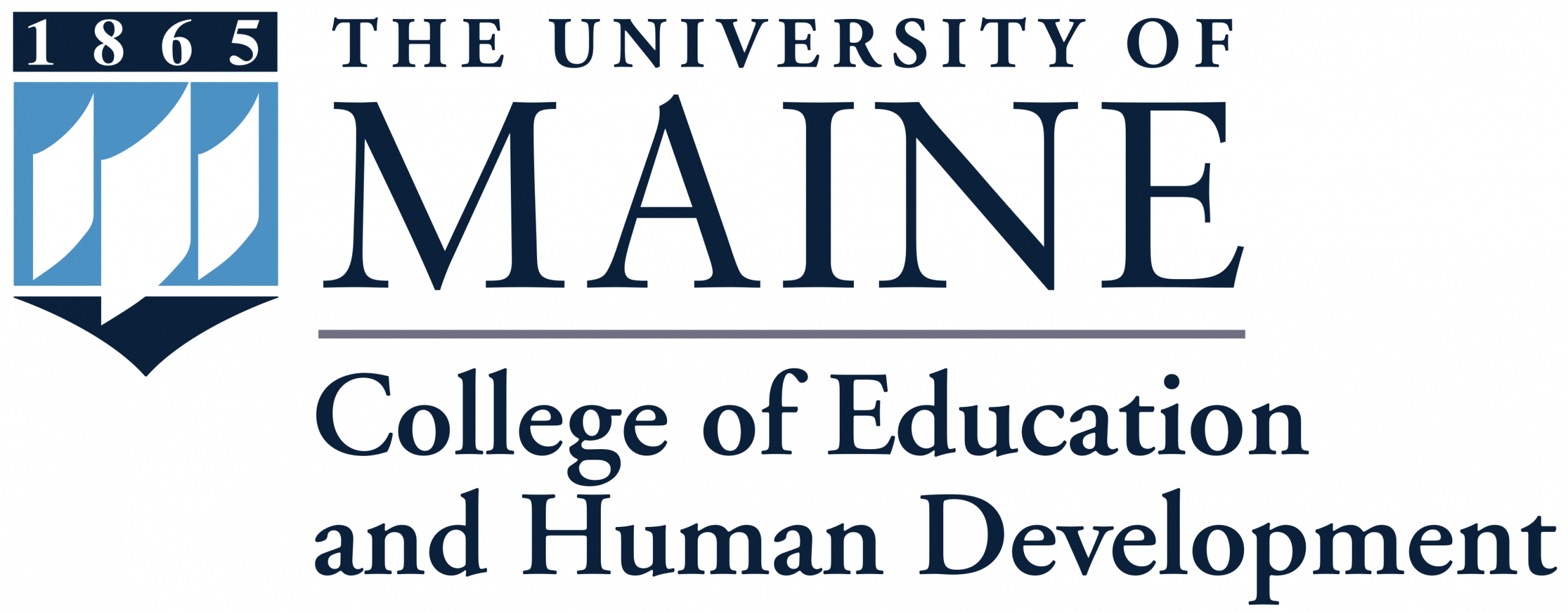
Founded in 1865, the University of Maine is a land, sea, and space grant institution, and the flagship campus of the University of Maine System. Located on Marsh Island between the Stillwater and Penobscot Rivers in Orono, the campus is about five miles from Bangor and an hour from some of the country’s most popular destinations, including Acadia National Park, Bar Harbor, and Mount Katahdin. It sits in the homeland of the Penobscot Nation, which is connected to the other Wabanaki Tribal Nations — the Passamaquoddy, Maliseet, and Mi’kmaq — through kinship, alliances and diplomacy. The layout of the campus was envisioned by legendary landscape architect Frederick Law Olmstead, whose firm also designed Central Park in New York City. UMaine’s campus was designated as an arboretum in 2003.
In 2022, UMaine was designated an R1 research university by the prestigious Carnegie Classification of Institutions of Higher Education, the highest possible tier for a doctoral research university, signifying “very high research activity” — a status that was reaffirmed in 2025. Initially conceived as an agricultural college, the University has a comprehensive range of disciplines with place-based programs in Forestry, Environmental and Marine Sciences, as well as established excellence in Engineering. UMaine has approximately 10,400 students, including nearly 8,000 undergraduate students and 2,400 graduate students.
The UMaine College of Education and Human Development (COEHD) prepares teachers, school leaders, and other professionals to be outstanding practitioners and enthusiastic role models for learning, growth, and mental and physical well-being across the lifespan. With approximately 1,200 students – 600 undergraduate and 600 graduate – it is the largest and most comprehensive teacher preparation and graduate education institution in Maine. The College’s undergraduate programs in Elementary and Secondary Education lead to initial teacher certification. The Child Development and Family Relations major offers concentrations in Individual and Family Studies or Early Childhood Education. Kinesiology and Physical Education students study human movement, health and physical fitness for individuals of all ages and abilities. The program also includes the state’s only master’s degree in Athletic Training. The College’s graduate programs are primarily geared toward PK-20 educators seeking to develop new and existing skills and knowledge. It offers master’s, education specialist and doctoral degrees, as well as graduate certificates, in areas such as STEM Education, Educational Leadership, Special Education, Literacy Education and Higher Education, with many online learning options. The annual UMaine Summer Educators Institute brings K-12 teachers and administrators to campus to foster deeper learning and connections across the state.
Through its statewide partnerships, as well as national collaborations and initiatives, researchers in the COEHD provide information, analysis, innovation, intervention, and leadership to help schools, agencies, and communities of all sizes meet the challenges and foresee the opportunities of a changing society. The College’s experts help transform education through innovative studies, partnerships, and evidence-based practices, empowering diverse learning communities, fostering inclusion, and driving equitable access to educational opportunities, particularly in rural and underrepresented areas. Examples include:
- The New England Rural Education Hub, a partnership between UMaine and the Rural Schools Collaborative to advance high-quality preparation for rural teachers and school leaders to teach in and lead thriving rural communities.
- Rural Thrive: The Rural Educator Resilience Project, which launched during the 2024-25 school year, facilitates effective mentorship and support for Maine’s rural educators at three key moments in their careers: Early-career (years one to three), mid-career teacher-leaders and those in building or district leadership positions.
- The Maine Education Policy Research Institute (MEPRI) is a unique partnership between the University of Maine System and the Maine Legislature that has provided policymakers with objective data, policy research and evaluation to define and assess educational needs, services and impacts for 30 years.
- The Immersive Mathematics in Rendered Environments Lab, which designs virtual and augmented mathematics learning environments and explores how these emerging technologies can transform STEM teaching and learning.
